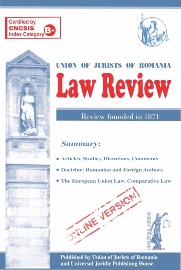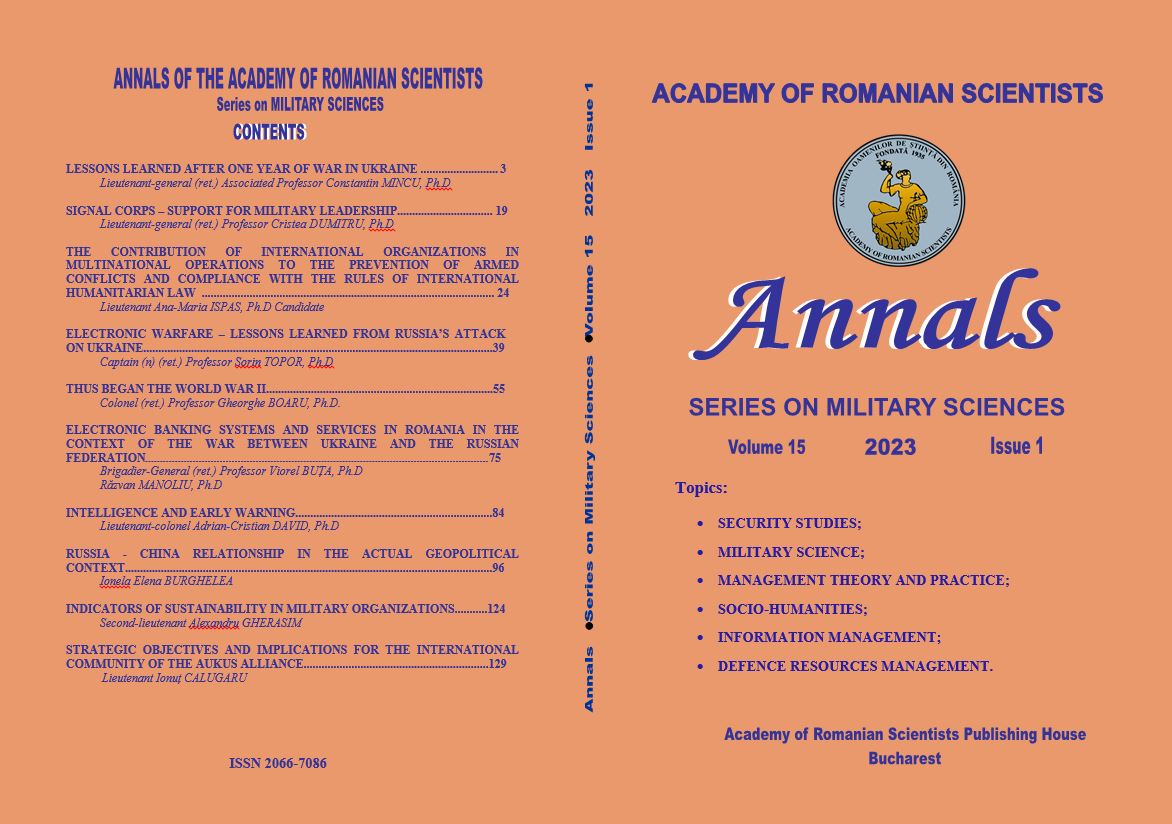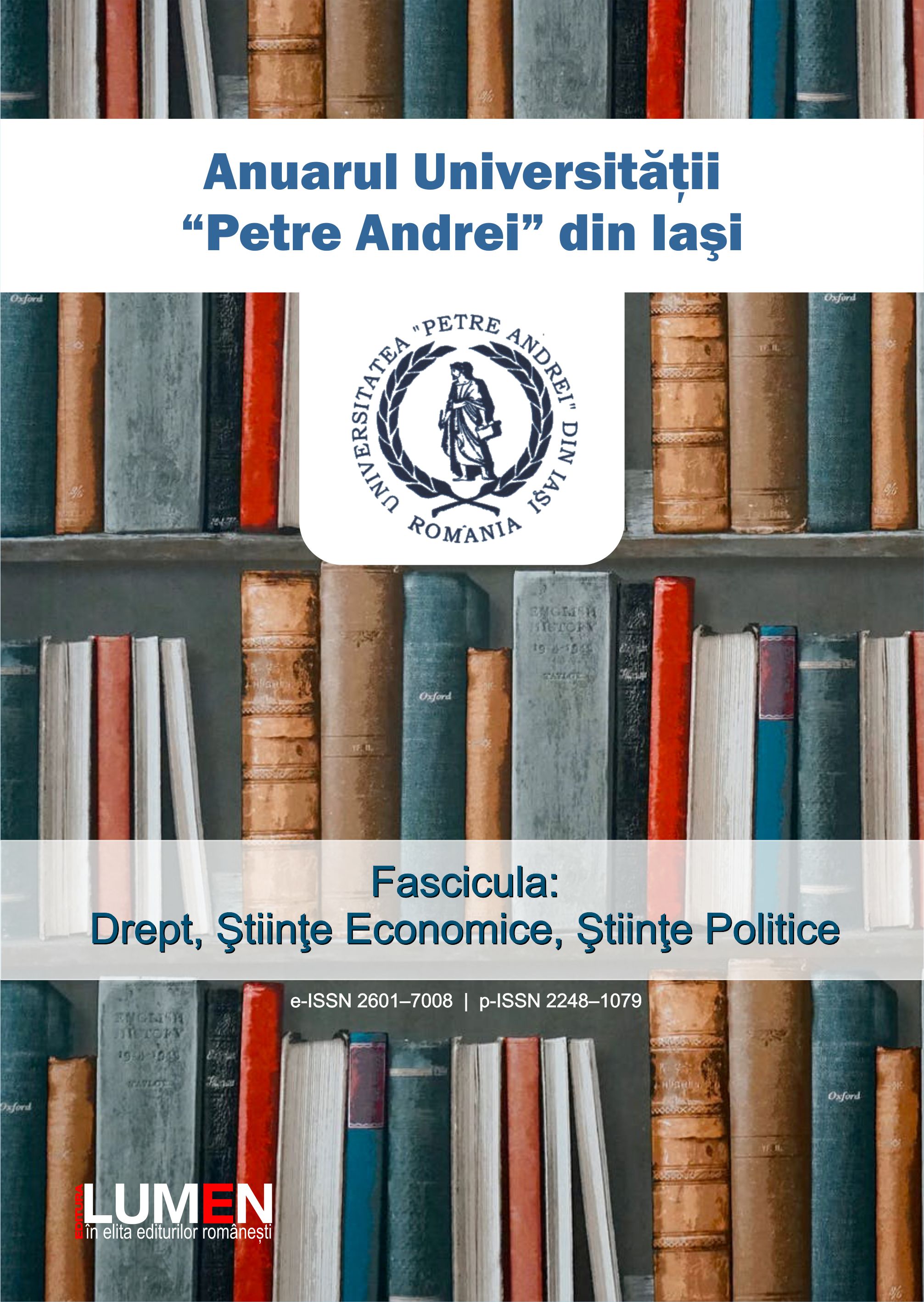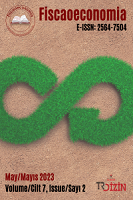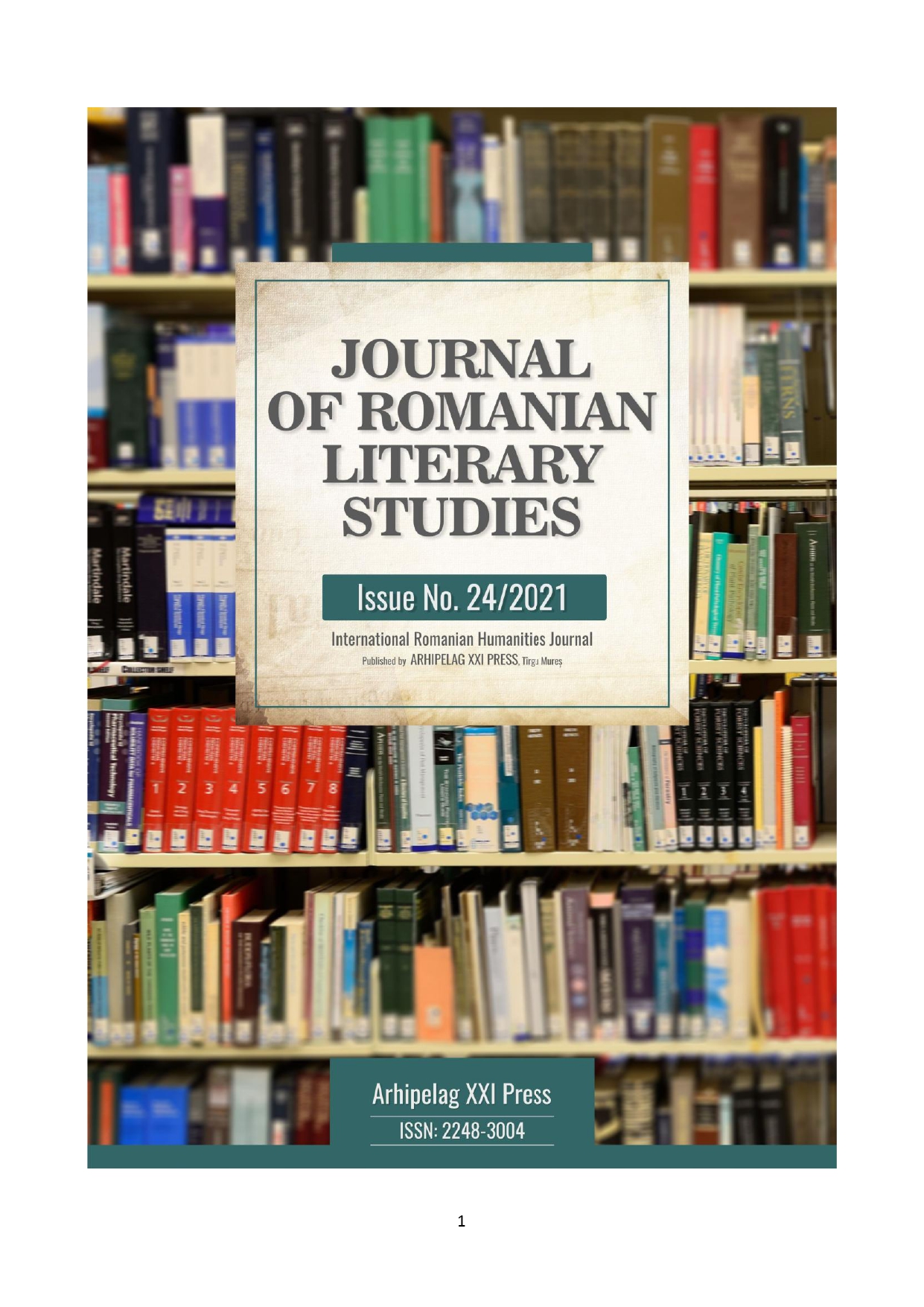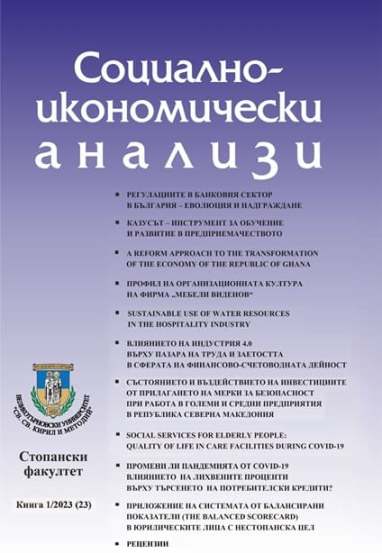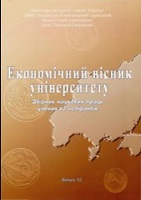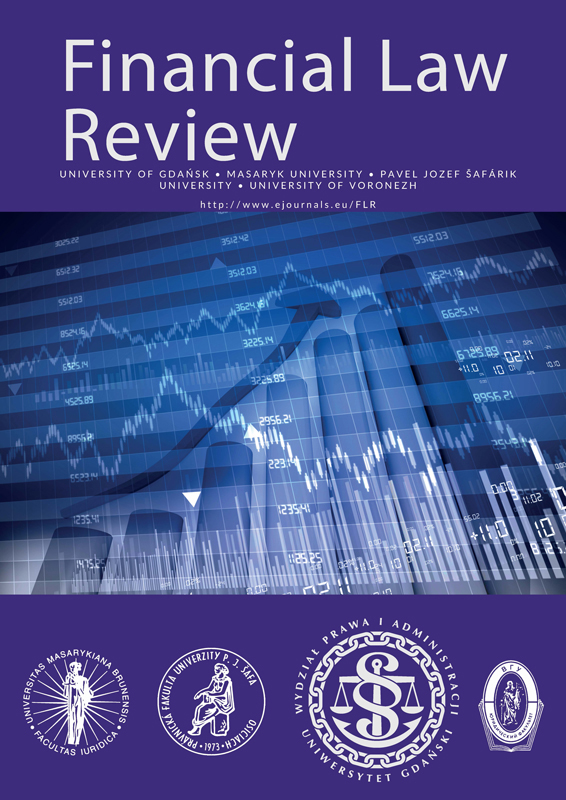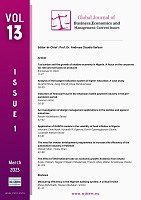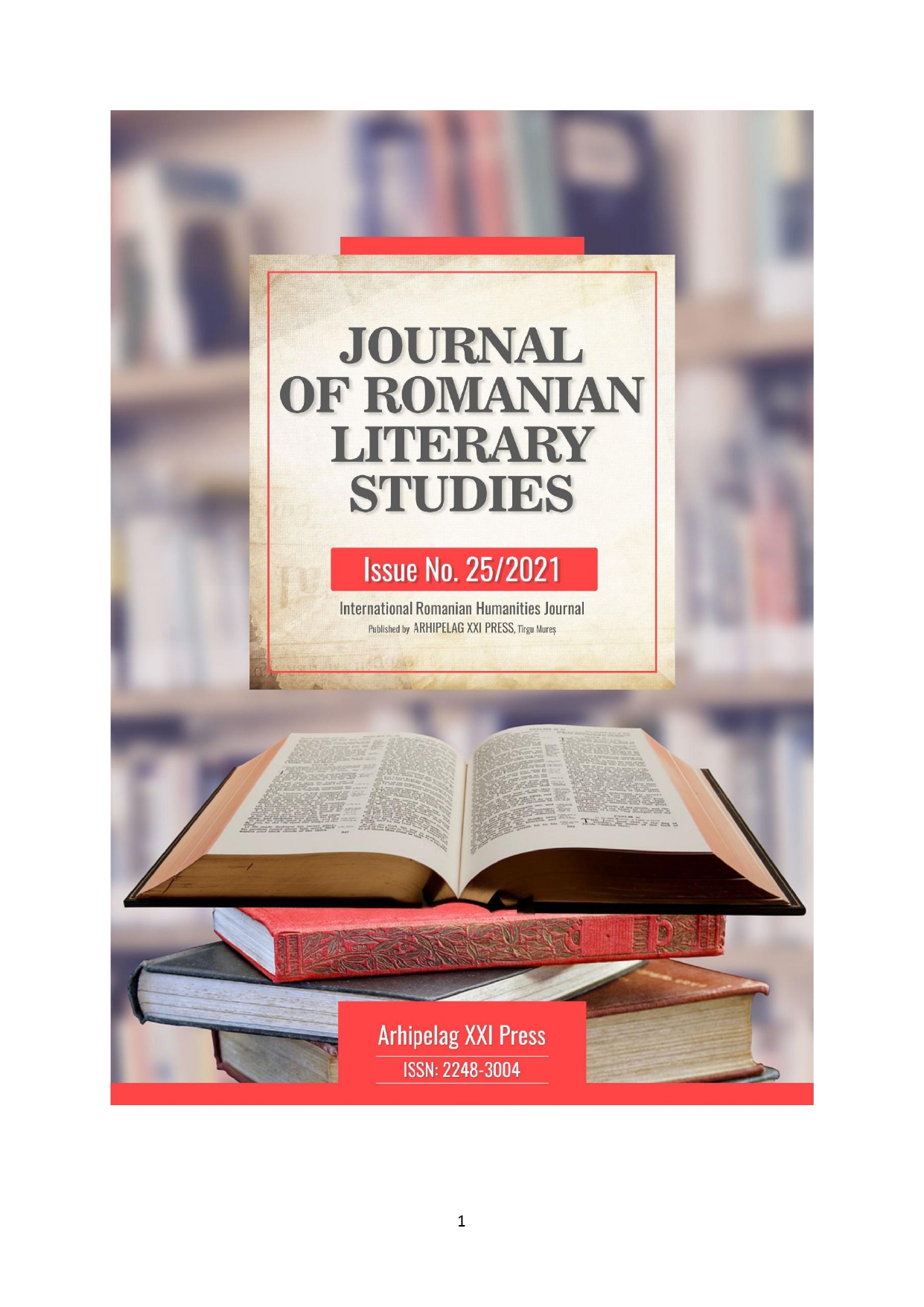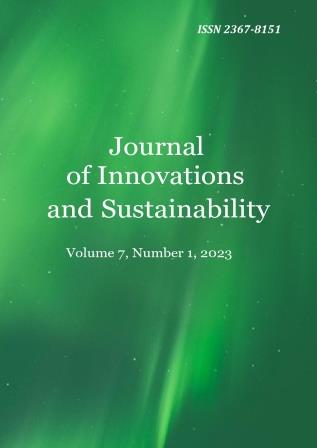Author(s): Olha Shulha / Language(s): Ukrainian
Issue: 56/2023
Formulation of the problem. Informatization of society is one of the decisive factors of modernization of the economy and the guarantee of Ukraine's integration into the world community. Countries that regularly worry about innovation in the application of marketing methods and tools for promoting their identity increase the likelihood of being the main ones in the process of forming the international division of labor and wealth, the opportunity to ensure sustainable economic growth and take a strong position on the international arena. European states actively use modern marketing technologies to improve their image in order to attract investors, potential foreign consumers of exported goods, and develop the sense of national identity of the local population. It is the use of modern marketing technologies that allows the image to take root in the mass consciousness both inside the country and outside its borders. Analysis of recent research and publications. Current issues of national branding are explored in their works by K. Asplund, I. Burakivskyi, T. Zavhorodnia, M. Kavartzis, F. Kotler, J. Layfeld, M. Mailanen, V. Miroshnychenko, A. Pankrukhin, D. Rayesto, A. Starostina, D. Traut, M. Khan, G. Hankinson, T. Tsygankova, L. Shulgina, and others. However, a number of issues require further in-depth study. In particular, in order to build the country's national brand, a more detailed study of world experience and its adaptation to the socio-economic conditions of Ukraine's development is necessary. The subject of the study is the theoretical and practical aspects of building the country's national brand based on the study of world experience and its adaptation to the socio-economic conditions of Ukraine's development. The purpose of the work is to analyze the current state and development trends of the national brand of Ukraine in modern geo-economic processes. The methodological basis of the article was such methods as systematic, monographic, analysis and synthesis, deduction and generalization. Work results. Studies confirm that countries with strong and well-known brands are able to export more of their own products and enrich the state treasury through taxes, attract investments and tourists, change stereotypes and be competitive in the world market. Each country invests significant financial resources in its national brand. The opportunities opened up by owning a successful brand encouraged Ukrainian companies to actively act in this direction. Evidence of such activation is the increase in the number of brands under which Ukrainian manufacturers and retailers offer their products, as well as the term of their existence on the market. If at the initial stages of the formation of branding in the country there was a significant number of so-called «pseudo-foreign» trademarks, now Ukrainian manufacturers create their own domestic brands, which become brands not only in Ukraine, but also abroad. Field of application of results. The results of the article can be used to create and manage national brands of countries. Conclusions. Promotion of the brand of Ukraine has positive dynamics. However, the government of Ukraine should pay more attention to security issues and the establishment of international relations.
More...
